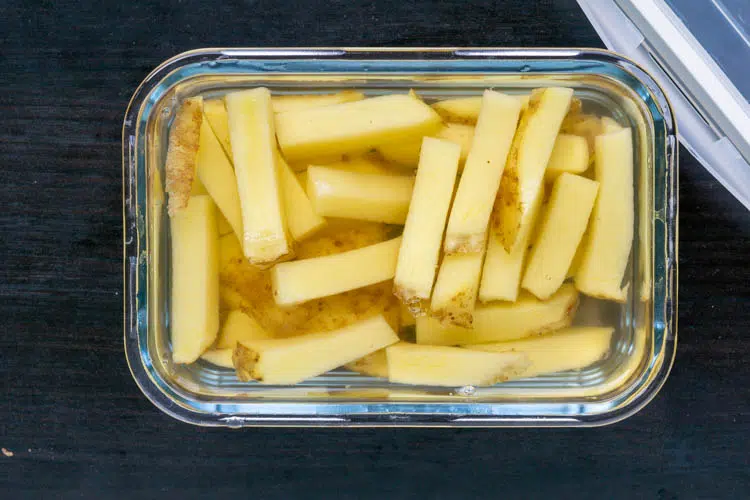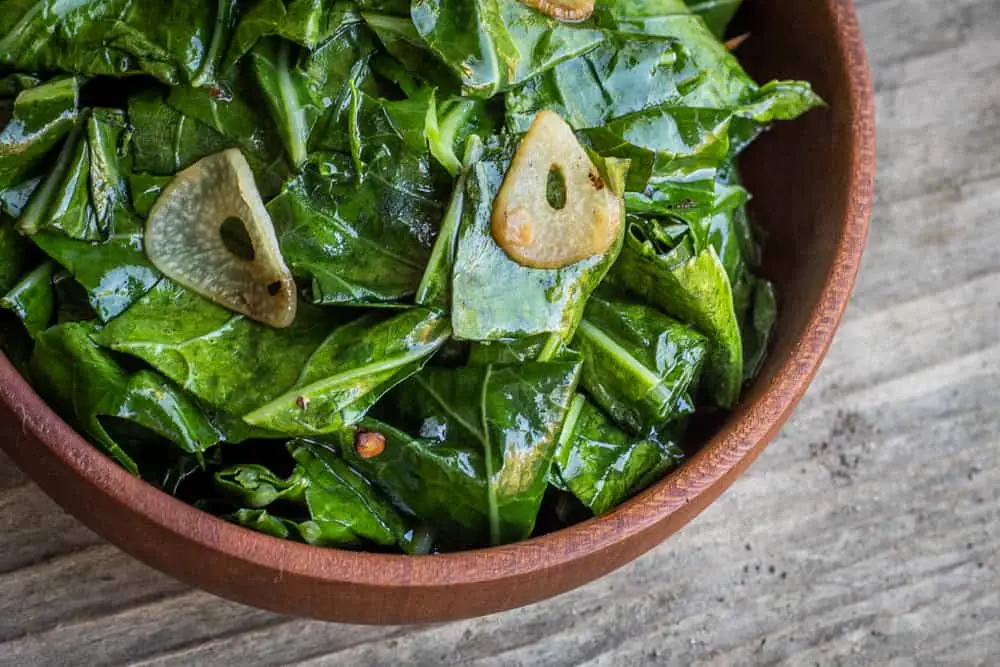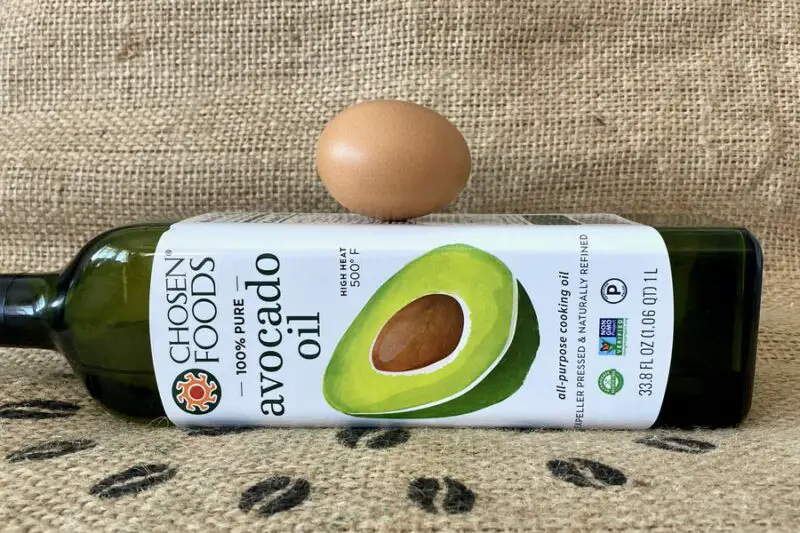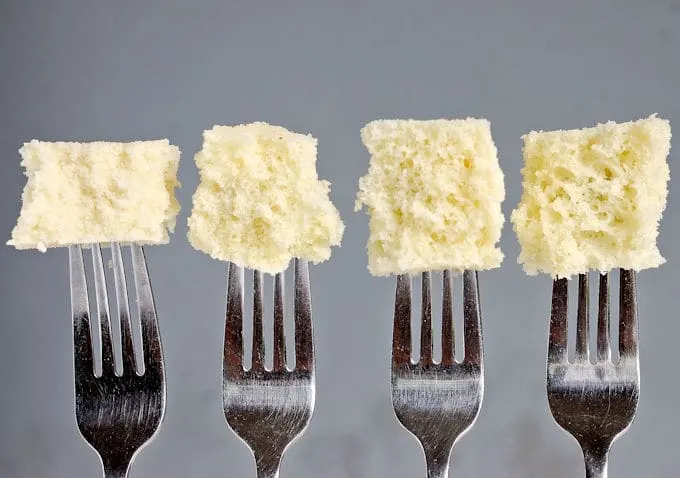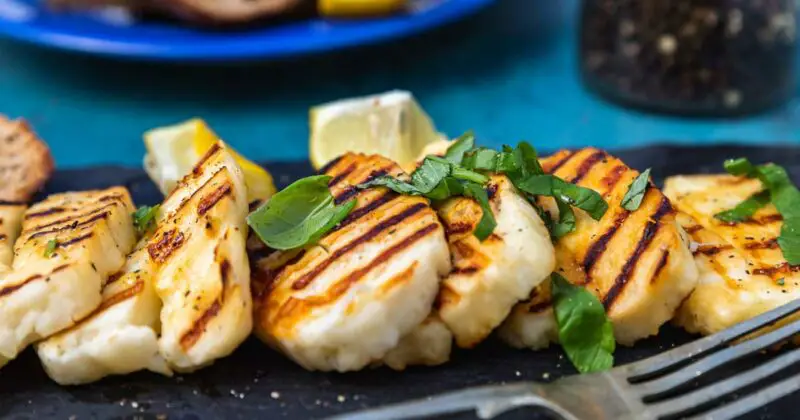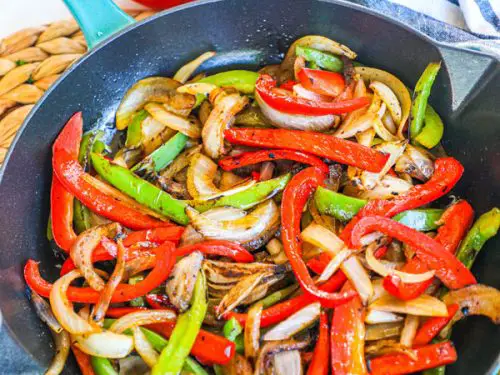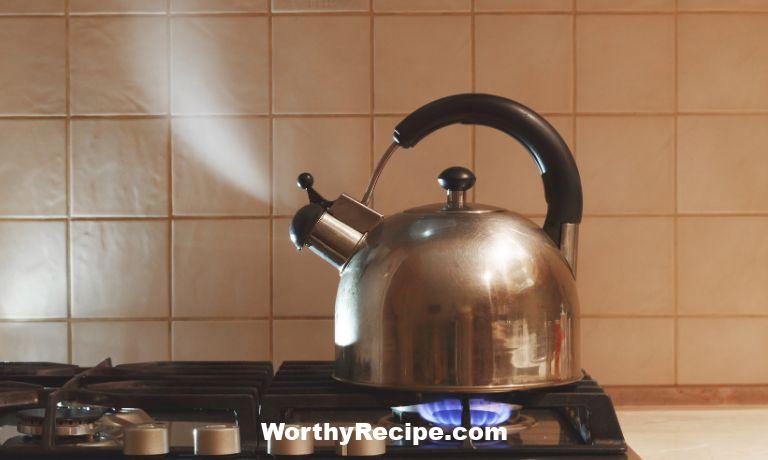How Long Can Potatoes Stay in Cold Water Before Cooking?
Potatoes are one of the most versatile vegetables that can be cooked in a variety of ways. They can be boiled, baked, fried, roasted, and grilled to make delicious dishes. One of the common pre-cooking methods for potatoes is soaking them in cold water. But how long can potatoes stay in cold water before cooking? In this article, we will explore this question and provide you with the best practices for soaking potatoes in cold water.
Background
Potatoes originated in South America and were brought to Europe by Spanish explorers during the 16th century. Since then, they have become a staple food in many parts of the world and are used to make various dishes. Potatoes are an excellent source of carbohydrates, fiber, vitamins C and B6, potassium, and iron.
The most common ways to cook potatoes include boiling, frying, roasting, baking, and grilling. Boiling is perhaps the most popular method that is used to cook potatoes. It involves adding potatoes to boiling water and cooking them until they become soft.
Exploring Cold Water Method
The cold water method involves soaking the potatoes in cold water before cooking them. This method is used to remove excess starch from the potato’s surface and prevent discoloration during cooking. Soaking also helps to reduce cooking time and improve the texture of the potatoes.
One advantage of using the cold water method is that it allows you to prepare potatoes ahead of time without losing their flavor or texture. However, there are also some disadvantages to using this method. For example:
- Soaking can cause potatoes to absorb too much water, resulting in a mushy texture when cooked
- Soaking can leach out some of the important nutrients that potatoes contain
- If potatoes are soaked for too long, they can become susceptible to bacterial growth and spoilage
The Ideal Soaking Time for Potatoes
The optimum soaking time for potatoes is difficult to determine because it depends on various factors such as the quality of potatoes, their size, texture, and type. However, the general rule of thumb is to soak potatoes for at least 30 minutes and not more than 2 hours.
Factors that Impact Soaking Time
Several factors can influence the soaking time for potatoes:
- Quality of Potatoes: Potatoes that are fresher and higher in quality require less soaking time than those that are older or have poor quality.
- Starch Content: The higher the starch content in potatoes, the longer you should soak them to remove excess starch.
- Skin Texture and Type: Potatoes with thicker skin will take longer to soak than those with a thin skin. Similarly, different types of potatoes like Russet or Red potatoes may require different soaking times.
- Age of Potatoes: Older potatoes may require longer soaking times than fresh ones due to their soft texture and high starch content.
Optimum Soaking Time for Different Potato Varieties
The following are the recommended soaking times for different potato varieties:
- White Potatoes: White potatoes have a low starch content and can be soaked for about 30 minutes before cooking.
- Red Potatoes: Red potatoes have a medium starch content and can be soaked for about an hour before cooking.
- Sweet Potatoes: Sweet potatoes have a high starch content and can be soaked for up to 2 hours before cooking.
- Russet Potatoes: Russet potatoes have the highest starch content and can be soaked for at least 2 hours before cooking.
Risks Associated with Long Soaking Time
Soaking potatoes for too long can harm their flavor and texture. They can absorb excess water, making them unappetizing when cooked. Additionally, long soaking times can lead to bacterial growth and increase the risk of foodborne illness. Therefore, it is crucial to stick to the recommended soaking time provided above.
Maintaining Safety While Using the Cold Water Method
To maintain the safety of your potatoes when using the cold water method, consider these tips:
- Use a Clean Bowl and Utensils: Use a clean bowl and utensils when soaking potatoes. Avoid using dirty dishes or utensils that may contain bacteria that can cause food poisoning.
- Change Water Periodically: Change the water in the potato bowl every hour to prevent bacteria from growing on them. Freshwater will also help remove excess starch from the potatoes.
- Add Salt or Vinegar to Soaking Water: Adding salt or vinegar to the water used for soaking helps prevent bacteria growth on the potatoes while giving them flavor.
Conclusion
To summarize, soaking potatoes in cold water is an excellent pre-cooking method that can remove excess starch, reduce cooking time, and improve the texture of potatoes. It is essential to follow the recommended soaking time for different varieties of potatoes and maintain proper safety measures to avoid any risks of bacterial growth.
#### How long can potatoes stay in cold water before cooking?
1. **Can I keep the potatoes in cold water overnight?** Yes, you can keep the potatoes in cold water overnight, but it is recommended to change the water every 4-6 hours or whenever the water becomes cloudy. This will help prevent spoilage and the growth of bacteria.
2. **Is there a limit on how long I can keep them in the water?** Potatoes can stay in cold water for up to 24 hours if the water is clear and has been changed regularly. After 24 hours, they may start to lose their texture and become mushy.
3. **Do I need to refrigerate the potatoes when soaking them in cold water?** No, you do not need to refrigerate the potatoes as long as they are fully submerged in a clean container of cold water. However, if you live in a particularly warm climate or your kitchen gets very hot, refrigerating them may help prevent spoilage.
4. **Can I use warm water instead of cold when soaking my potatoes?** It’s best to use cold water when soaking potatoes as it helps prevent them from turning brown and becoming mushy. Warm or hot water can cause them to cook slightly, which defeats the purpose of soaking them before cooking.
